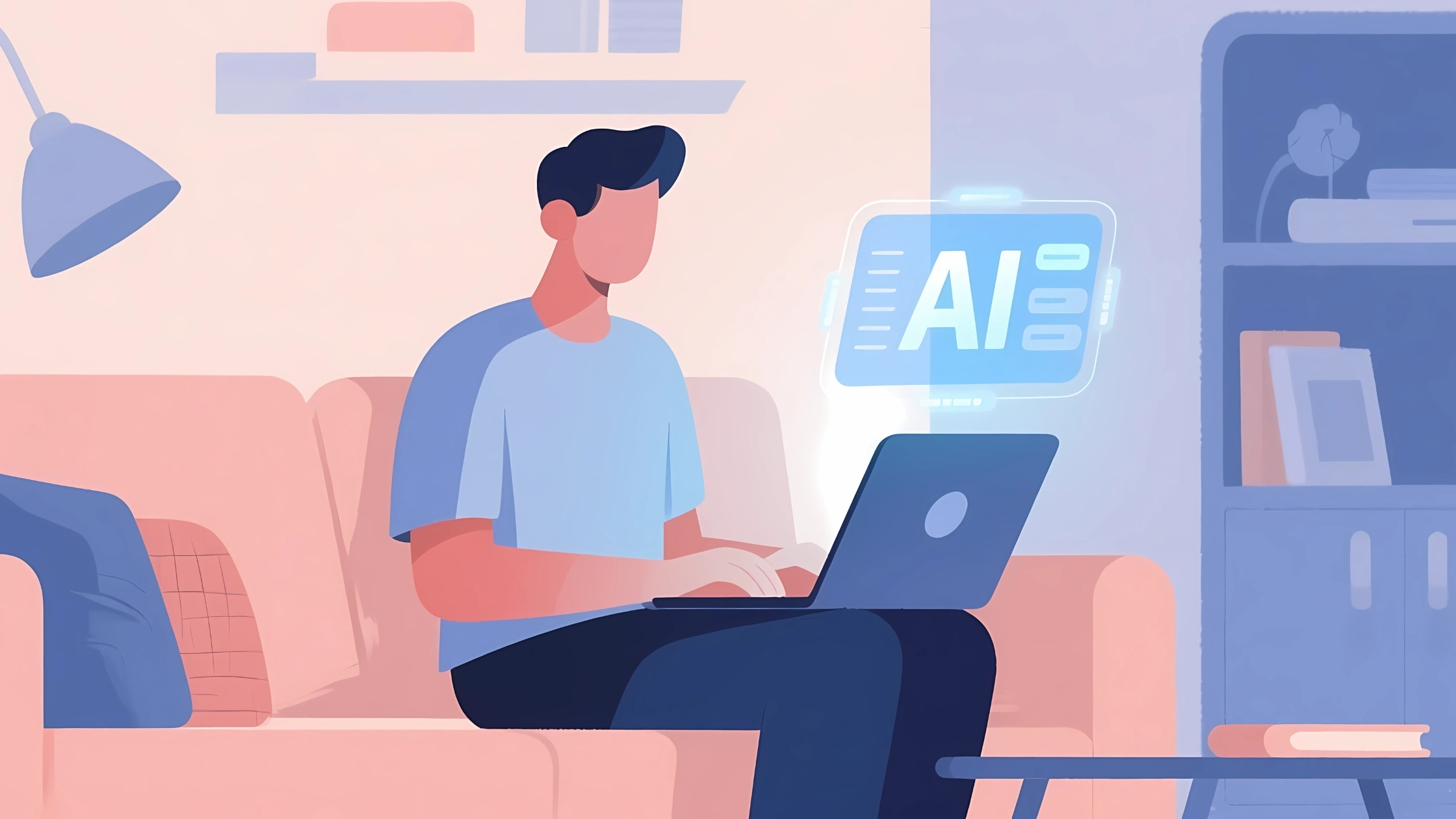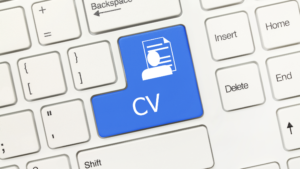AI has always been a buzzword, but 2025 is not just hype; it’s a turning point. From how companies hire to how we work every day, AI is moving from being a “nice to have” to being part of the foundation of careers worldwide.
We’re already seeing how AI in the workplace is reshaping job roles, demanding new skills, and even changing the way professionals build their résumés. For students and mid-career professionals, this shift feels both exciting and scary, because nobody wants to get left behind.
That’s why it’s so important to pay attention to the skills, jobs, and tools driving this change. By knowing what’s hot right now, you can start planning and positioning yourself for the opportunities AI is unlocking.
High-Impact Skills to Cultivate
The truth is, AI won’t “take all the jobs,” but it will transform the skills we need. Some careers will fade, but many more will grow for people ready to adapt. Here are the most valuable skills to focus on in 2025:
1. Prompt Engineering
Generative AI is everywhere; tools like ChatGPT and Claude depend on prompts to produce useful answers. Knowing how to write clear, structured prompts has become a real job skill. In fact, some companies are already hiring prompt engineers with six-figure salaries.
2. AI Ethics & Responsible Use
As AI gets smarter, questions about bias, privacy, and fairness get louder. Governments and organisations are looking for professionals who understand the ethics of AI. This isn’t just a “tech” problem; it’s a human one.
For example, companies must address bias in AI systems to avoid harmful outcomes. Learning about AI ethics will help you stand out in both business and policy spaces.
3. Data Literacy
AI runs on data, and people who know how to read, clean, and use data will always be in demand. You don’t need to be a data scientist, but you do need to feel comfortable using tools like Excel, SQL, or even Tableau to make sense of information.
4. Human-AI Collaboration
The future isn’t humans vs. AI, it’s humans with AI. That means you’ll need to learn how to work alongside AI tools, letting them do the heavy lifting while you focus on creativity, strategy, and problem-solving.
A great example is how designers now use Figma AI for faster prototyping, while marketers use Jasper AI to draft copy. It’s less about replacing you, more about supercharging your workflow.
Emerging Roles and Job Titles
One of the most exciting things about AI is how it’s creating jobs we’ve never seen before. Just like the internet gave us “social media managers” and “UX designers,” AI is doing the same in 2025. Here are a few examples:
1. AI Ethicist
Companies are realising they can’t just “build AI and hope for the best.” They need people to set guidelines, check for bias, and make sure AI is fair. This is where an AI ethicist comes in, someone who combines tech understanding with a moral compass.
2. MLOps Specialist
Think of MLOps (Machine Learning Operations) as the DevOps of AI. It’s about deploying, monitoring, and scaling AI models so they work in real-world businesses. The demand for MLOps specialists is growing fast, especially in tech and finance.
3. AI Product Manager
AI tools aren’t just tech projects, they’re products that need strategy, market fit, and user adoption. That’s where AI product managers come in. If you already love product design or management, this is a natural transition.
4. AI Content Curator
With generative AI producing endless content, there’s a rising need for people who can filter, fact-check, and humanise AI outputs. Imagine being the editor who polishes AI drafts before they go public. It’s not just copywriting anymore, it’s curating machine-created knowledge.
Tools & Technologies to Watch
The AI toolbox is growing so fast that it’s hard to keep up. But in 2025, a few standouts are worth watching:
- ChatGPT & Claude: Conversational AI tools that help with brainstorming, research, and even coding.
- MidJourney & Runway: For creatives, these AI tools are changing how we design visuals and edit videos. (Runway is even used in movie production).
- AutoGPT & Agentic AI: These take things further by acting like “digital assistants” that can chain tasks and make decisions on your behalf.
- Figma AI & Canva AI: For designers, these tools mean faster prototyping, smarter edits, and less time stuck in revisions.
- Tableau, Power BI, and BigQuery: Data tools that remain the backbone for AI-driven decision-making.
If you’re in any career field, picking one or two AI tools to master in 2025 could make you instantly more competitive.
Industry Use Cases + Sector Shifts
AI isn’t just for tech bros; it’s reshaping every industry. Here’s how it looks in practice:
- Healthcare: AI is being used for faster diagnoses and drug discovery. Tools like IBM Watson Health are helping doctors make smarter decisions.
- Finance: Banks are using AI fraud detection to protect customers and speed up approvals.
- Education: AI tutors like Khanmigo are helping students learn in personalised ways.
- Creative Industries: Musicians, writers, and filmmakers now co-create with AI, using platforms like AIVA for music or Runway for video storytelling.
The big lesson? AI is not replacing entire industries, but it is reshaping how professionals in those industries work.
How to Position Yourself / Future-Proof Strategy
Knowing the trends is great, but how do you personally get ready for them? Here’s a simple playbook:
- Upskill with AI courses: Platforms like Coursera AI programs or Udemy AI courses make it easy to learn at your own pace.
- Build a portfolio: Don’t just say you know AI, show it. Create a project on GitHub, a case study on LinkedIn, or even a blog where you share your learnings.
- Stay flexible: Careers are shifting fast. The more you adapt, the easier it is to stay ahead. Think of it as being career-fluid instead of stuck in one lane.
- Network with AI communities: Join spaces like AI in Business LinkedIn groups or forums on Reddit’s AI community to learn from others and stay updated.
Outlook
2025 proves that AI isn’t just a trend, it’s the new normal. The best way forward is to see AI as a partner in your career: it helps you do more, go faster, and stay relevant.
If you focus on skills, roles, and tools instead of just worrying about being replaced, you’ll find that AI opens more doors than it closes. And the future? It belongs to those who learn continuously and adapt fearlessly.






